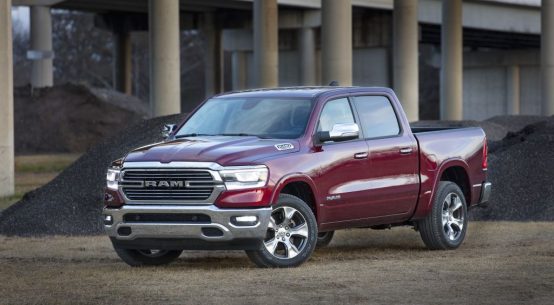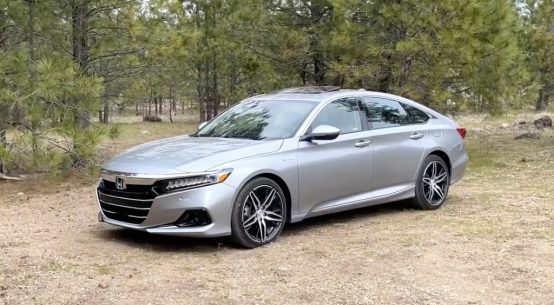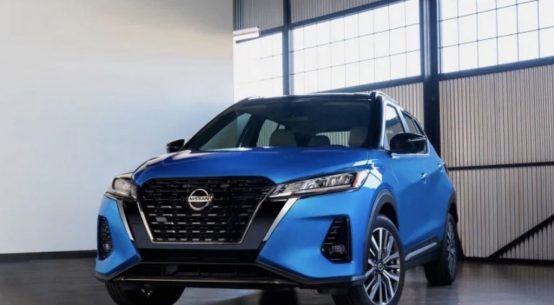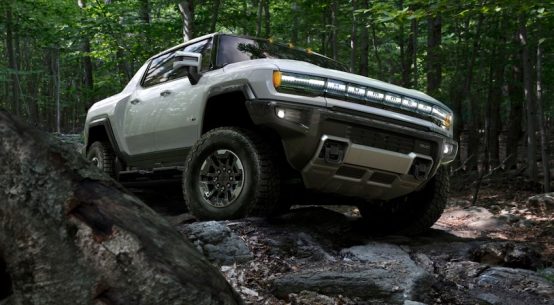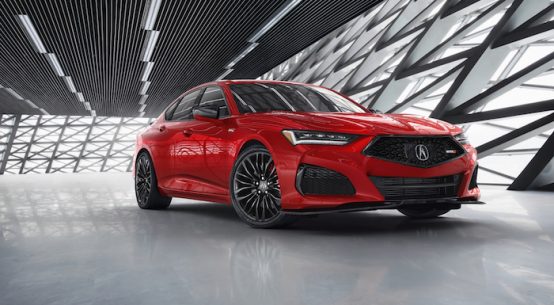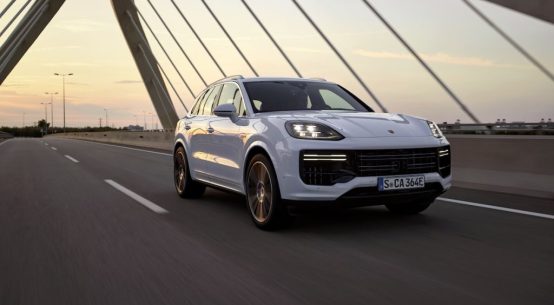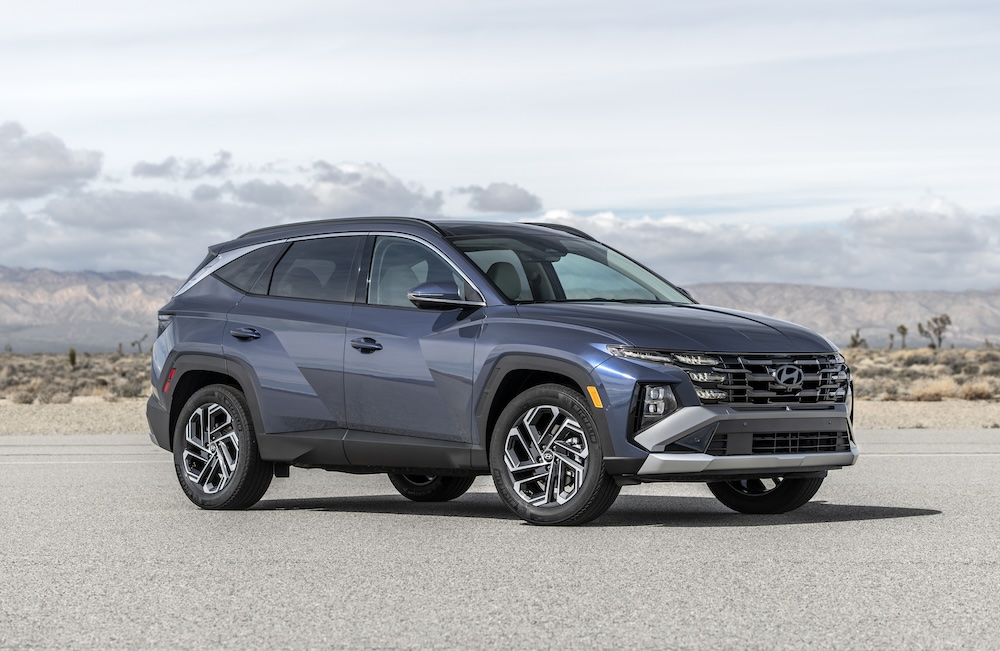
The battle for compact SUV supremacy has a new chapter with the 2025 Hyundai Tucson, a vehicle touted as Hyundai’s answer to heavyweights like the Toyota RAV4 and Honda CR-V. With flashy headlines calling it “better than ever,” is the Tucson truly the game-changer it claims to be—or is Hyundai simply desperate for your attention? Let’s break it down and uncover the truth behind the hype.
What’s New in the 2025 Tucson?
Let’s start with the updates. The 2025 Tucson comes with a refreshed look, boasting:
- A panoramic instrument cluster
- Revised headlights with a sleek, smoky finish
- An updated grille design for a bolder presence
While these tweaks are nice, let’s be honest—they’re more of an evolution than a revolution. These cosmetic updates won’t dramatically reshape the Tucson’s place in the market. So, what’s Hyundai banking on to win your wallet? Value.
What Makes the Tucson Stand Out?
Hyundai’s strategy is clear: position the Tucson as a value-packed alternative in the fiercely competitive compact SUV segment. Here’s what works in its favor:
- Strong pricing for the features offered
- An attractive hybrid option for eco-conscious buyers
- Generous incentives that beat out some competitors
But let’s not overlook the challenges: the Tucson still lags behind rivals like the RAV4 in terms of long-term resale value and brand perception.
Key Factors to Consider Before Buying the Tucson
- Sales and Inventory
Hyundai’s pushing hard to move Tucsons off the lot, with 2023 shaping up to be its best sales year ever at 165,000 units sold. But here’s the kicker: most of the available inventory is already 2025 models. This means:
- 18,000 gas models ready to go
- 12,000 hybrids (a smaller but appealing slice)
- 2,000 plug-in hybrids, which remain niche
While sales are strong, the Tucson still faces stiff competition from Toyota’s RAV4, which consistently outsells it.
- Pricing and Discounts
To get the best deal, here’s what you should aim for:
While these discounts might sound enticing, keep in mind that competitors like Toyota and Honda often hold their value better, making their higher price tags more justifiable in the long run.
- Incentives
Hyundai isn’t shy about sweetening the pot, offering:
- 1.99% APR for 60 months in select regions
- A $1,500 loyalty incentive for returning Hyundai customers
However, these offers may not completely offset lingering concerns about resale value and reliability compared to the competition.
- Lease Options
For those considering a lease, the program is competitive:
- 64% residual value at 36 months (12,000 miles/year)
- $1,000 lease cash
- A manageable money factor of 0.00236
That said, leasing might not make sense for everyone. If you’re leaning toward a hybrid, buying could save you more in the long run.
The Verdict: Is the Tucson Worth It?
The 2025 Hyundai Tucson is undeniably a solid choice, offering modern tech, strong incentives, and competitive pricing. But let’s not sugarcoat it—the Tucson doesn’t dominate any single category. It’s decent, but in a world where the Toyota RAV4 and Honda CR-V continue to shine with stellar reliability and resale value, the Tucson’s position remains second-tier at best.
If Hyundai wants to truly challenge the segment leaders, it’ll need more than updated headlights and enticing APRs. The Tucson is a fine option for buyers on a budget, but it’s far from being a runaway hit.
Ready to Compare Deals?
If the Hyundai Tucson has caught your eye—or you’re considering other options like the RAV4 or CR-V—make sure you’re getting the best possible price. Visit Quotes.EverymanDriver.com to access real-time dealer pricing on new and used vehicles in your area. Thousands of buyers use it daily to save big—don’t miss out on your chance to snag an unbeatable deal!
